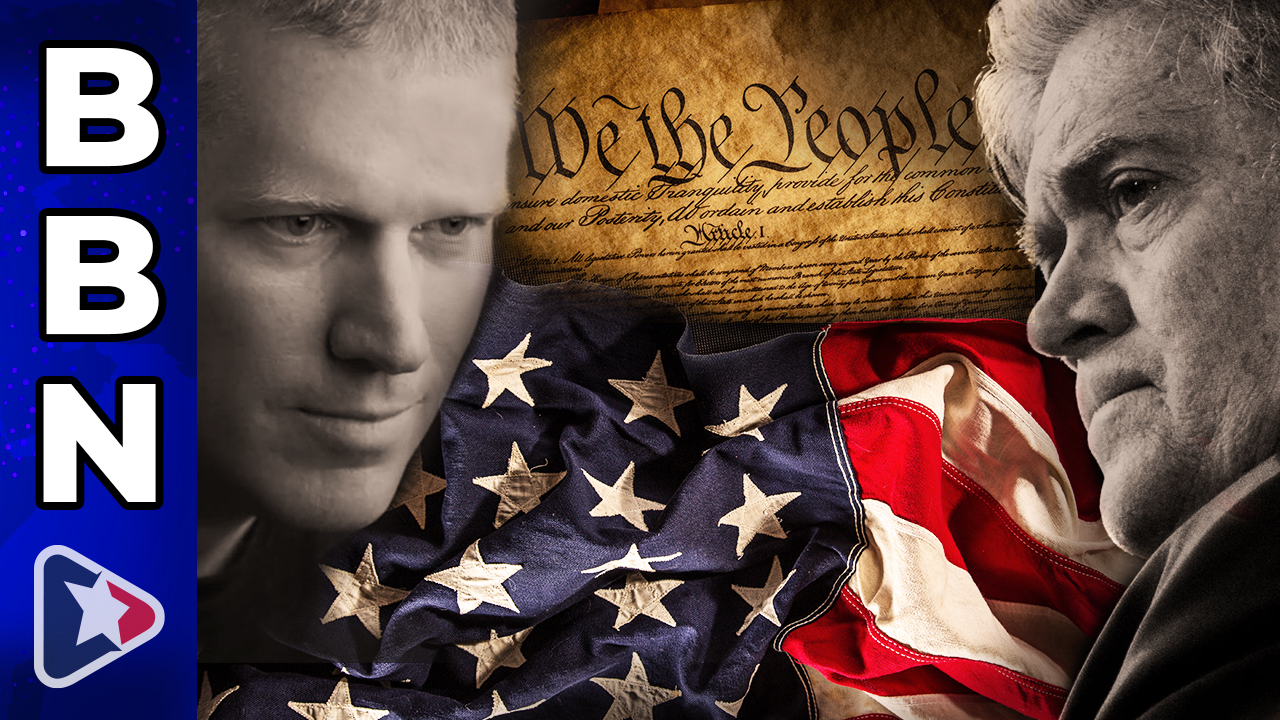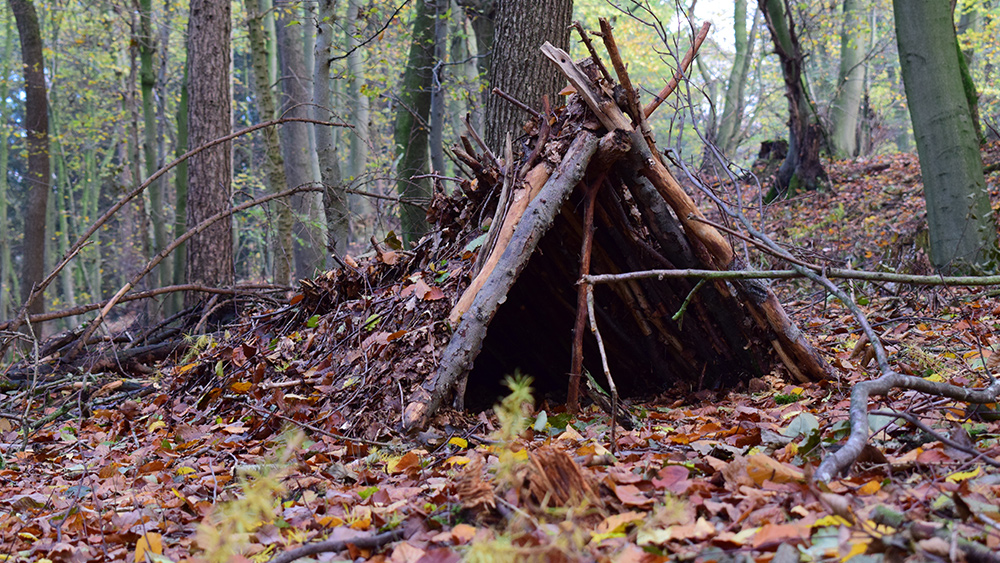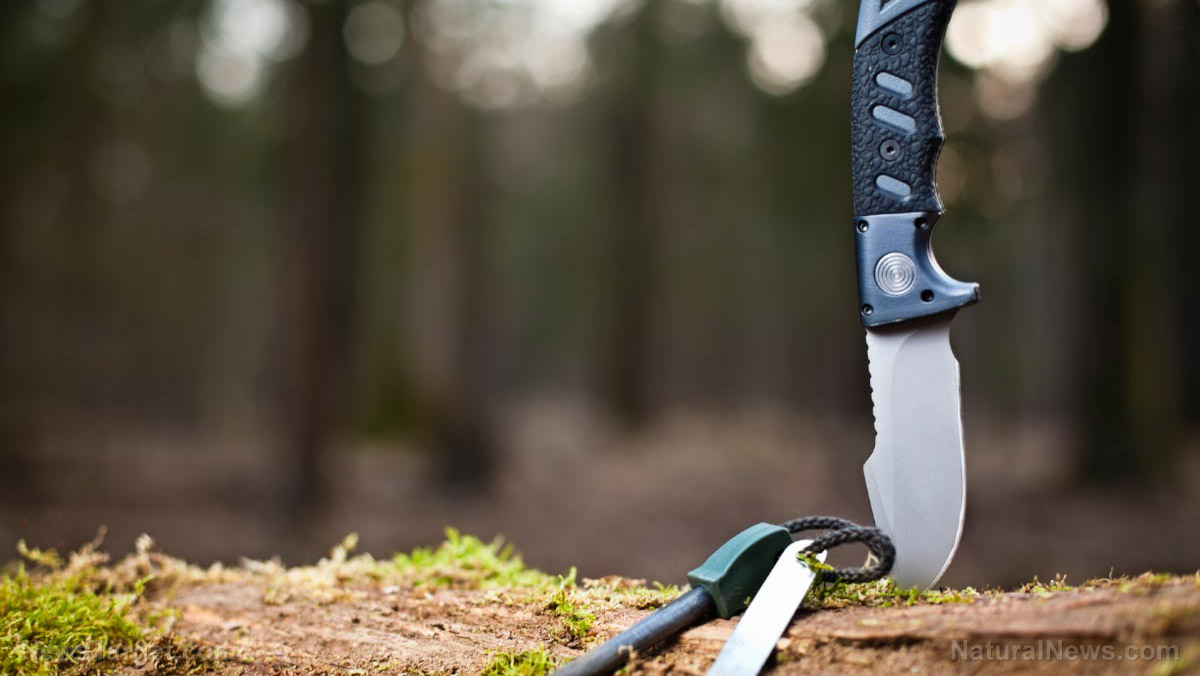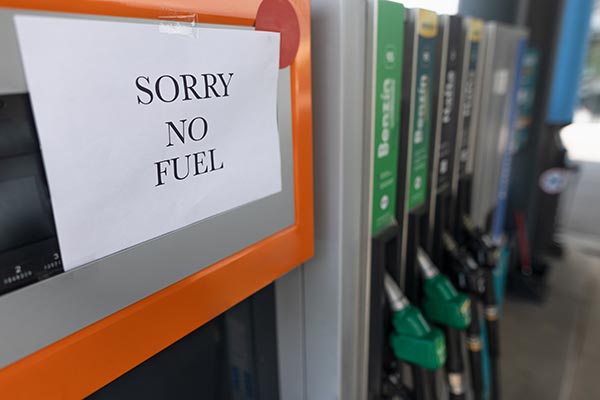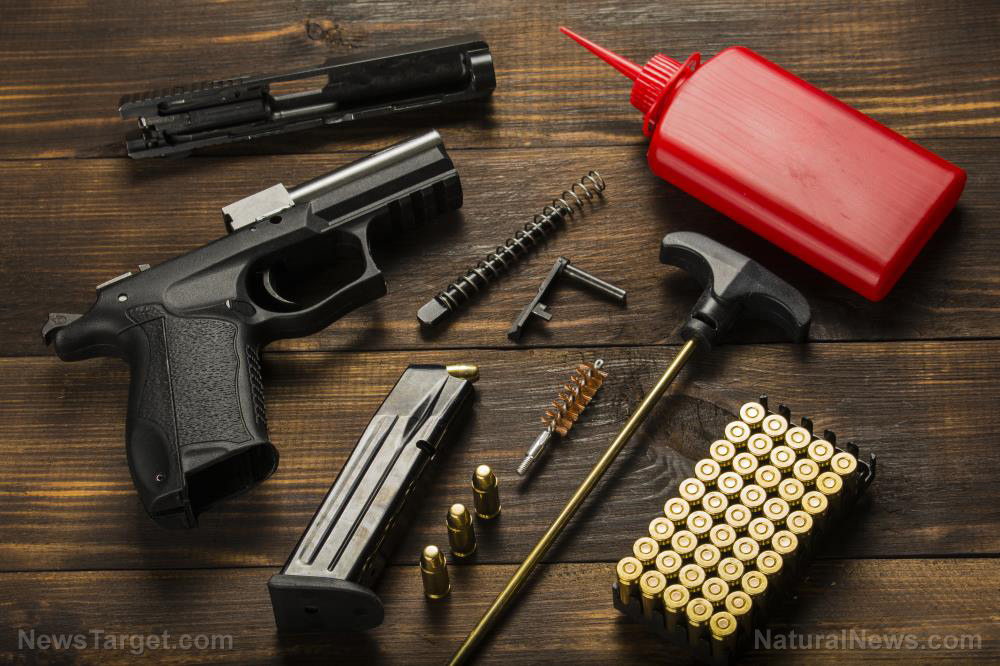
In a survival scenario, stealth can spell the difference between life and death. Learning how to use and make your own suppressors can help you move about quietly while using your self-defense firearm and evade potentially dangerous encounters. (h/t to PreppersWill.com)
Editor's note: Obey your local laws. This article is not intended to encourage anyone to violate the law. Rather, this is offered in the context of a collapsed society where survival may depend on putting together makeshift suppressors for emergency use.
Suppressor basics
Did you know that suppressors don't completely silence gunshots?
When your gun fires a bullet, the propellant or gun powder produces extreme energy as superheated, pressurized gas. This gas rapidly expands in the atmosphere as it exits the muzzle, producing the classic sonic blast or "crack" of a gunshot.
But when you install a suppressor on the muzzle of your gun, the expanding gas is trapped by the suppressor tube. Inside the tube, the gas is forced to slow down, cool and expand more slowly before exiting the suppressor. Using a suppressor minimizes the sound emitted when you fire your weapon, which can save your life in a survival scenario. (Related: Self-defense 101: Concealed carry tips for newbie preppers.)
Commercial suppressors can handle rounds up to .50 BMG and they're usually made from weapons-grade materials like forged aluminum or steel. Store-bought suppressors are designed to handle the energy produced by higher and faster bullets.
However, you're using an improvised suppressor and you need to consider the caliber and weapon you’re trying to suppress. Improvised suppressors will work best with small-caliber arms such as:
- .22 LR pistols and rifles
- 9mm handguns
- Lightweight 5.56 platform rifles (the 5.56 round is supersonic, but it’s small and easier to suppress)
Improvised suppressors
Bed pillow
Popularized in movies and TV shows, a pillow can be an effective improvised suppressor. A thick bed pillow can significantly reduce the sound of gunfire.
This improvised suppressor can contain a loud gunshot into a single room, making it the best choice for a home-defense situation.
Flashlight suppressor
You'll need a heavy-duty steel flashlight to make this improvised suppressor.
Since this suppressor requires tools and items from a hardware store, you should make one before SHTF.
Oil filter suppressor adapter
An oil filter suppressor adapter was designed to keep your car’s engine oil clean, but it can also be used as an emergency suppressor.
Oil filters are usually made from heavy-duty aluminum housings, with threaded fittings that often match the diameter of most firearm muzzles. Additionally, oil filters have internal baffles, filters, holes and media that can also minimize sound and contain energy from a gunshot.
To use an oil filter as an improvised suppressor, carefully drill a hole at the end of the filter and thread it onto your muzzle.
Used filters soaked in oil are more effective because they provide even better sound deadening.
“Solvent tube” suppressors
Pillows and oil filters can only be used once, but solvent tube suppressors can be used several times for effective sound deadening.
The solvent tube suppressor was originally designed to be used on a firearm. Used as chemical cleaning traps, solvent tubes capture the CLP or solvents that drip out of the muzzle from swabbing the bore of your firearm.
However, threading a large aluminum tube onto the end of a muzzle was too similar to a suppressor, hence the birth of the solvent tube “improvised” suppressor. These kits can be legally purchased without any paperwork from the Bureau of Alcohol, Tobacco, Firearms and Explosives (ATF) since they’re not manufactured to function as a suppressor.
These improvised suppressors can help you in a pinch. When buying or building a suppressor, follow federal law and make sure you’re operating within the legal guidelines of the ATF and the National Firearms Act (NFA Act).
When SHTF, use your firearms wisely and find the best-improvised suppressors that suit your needs.
Sources include:
Please contact us for more information.









